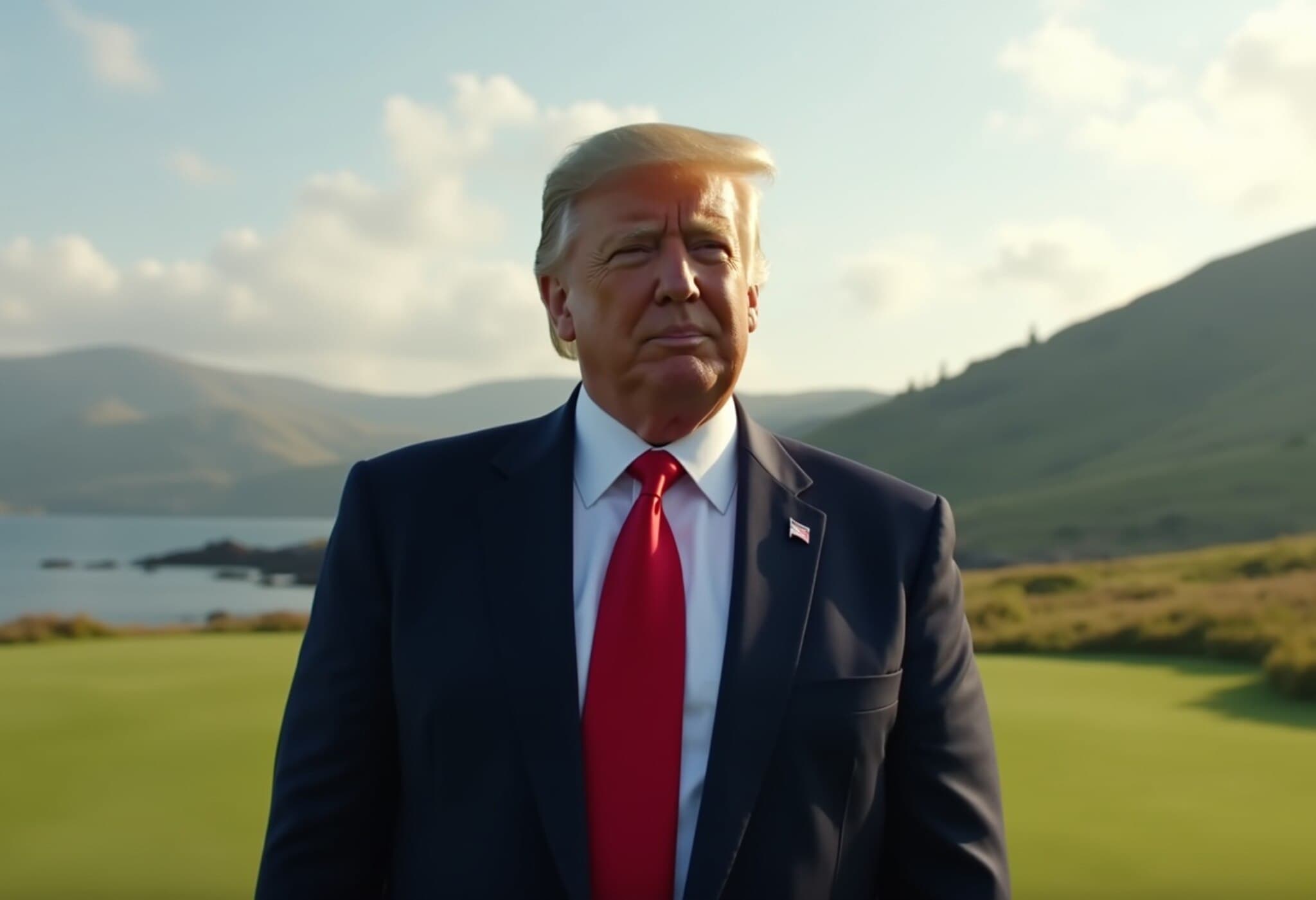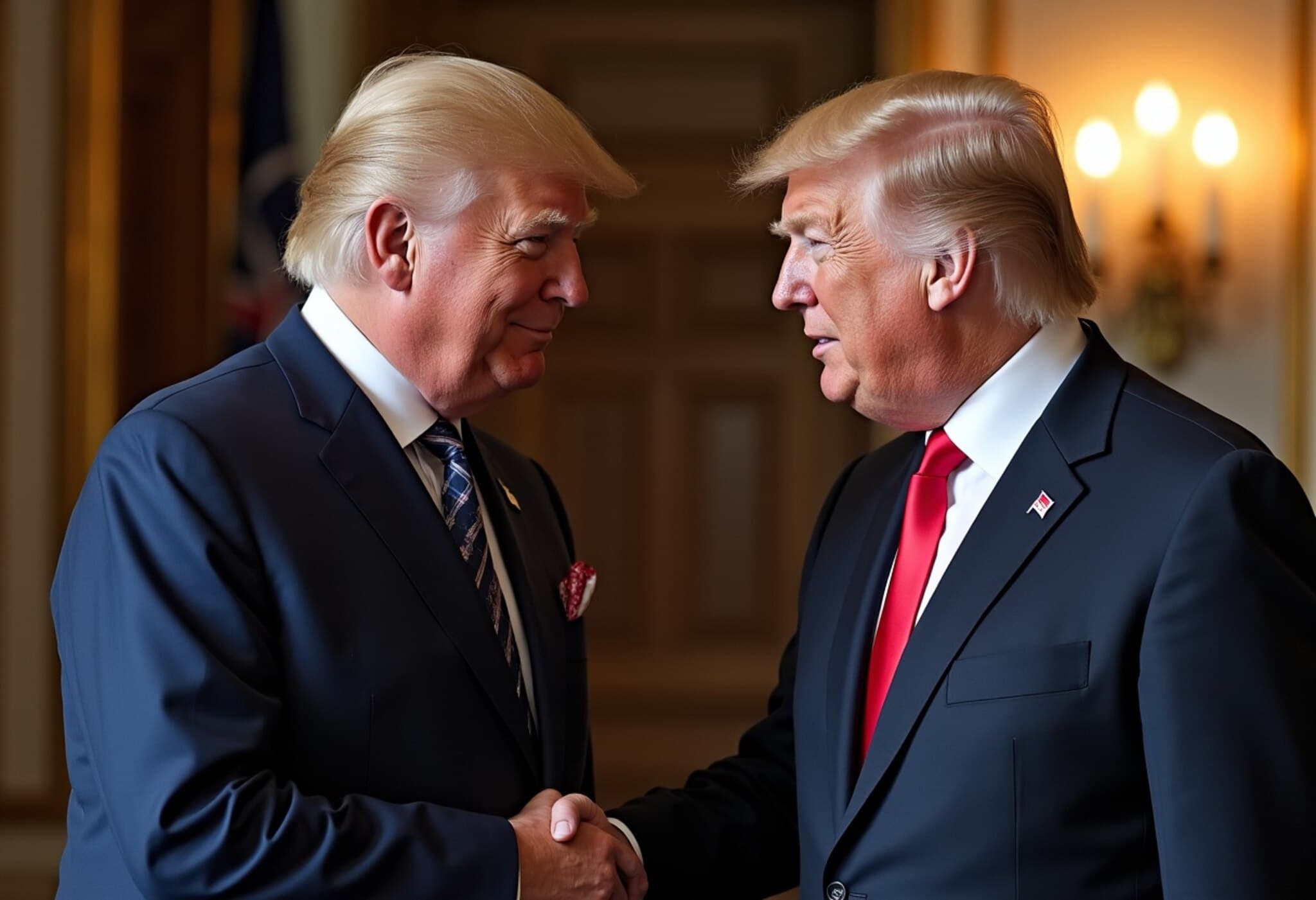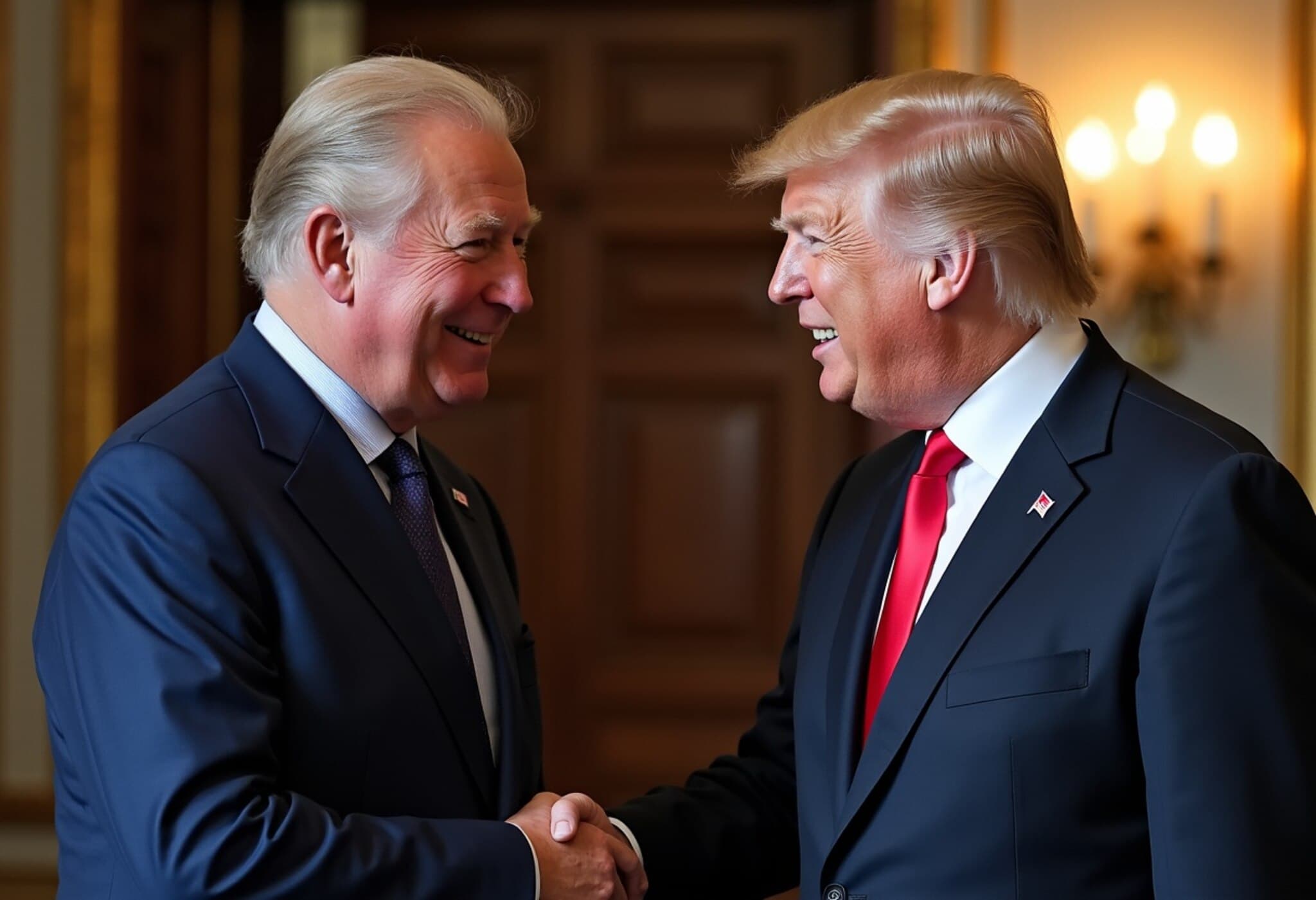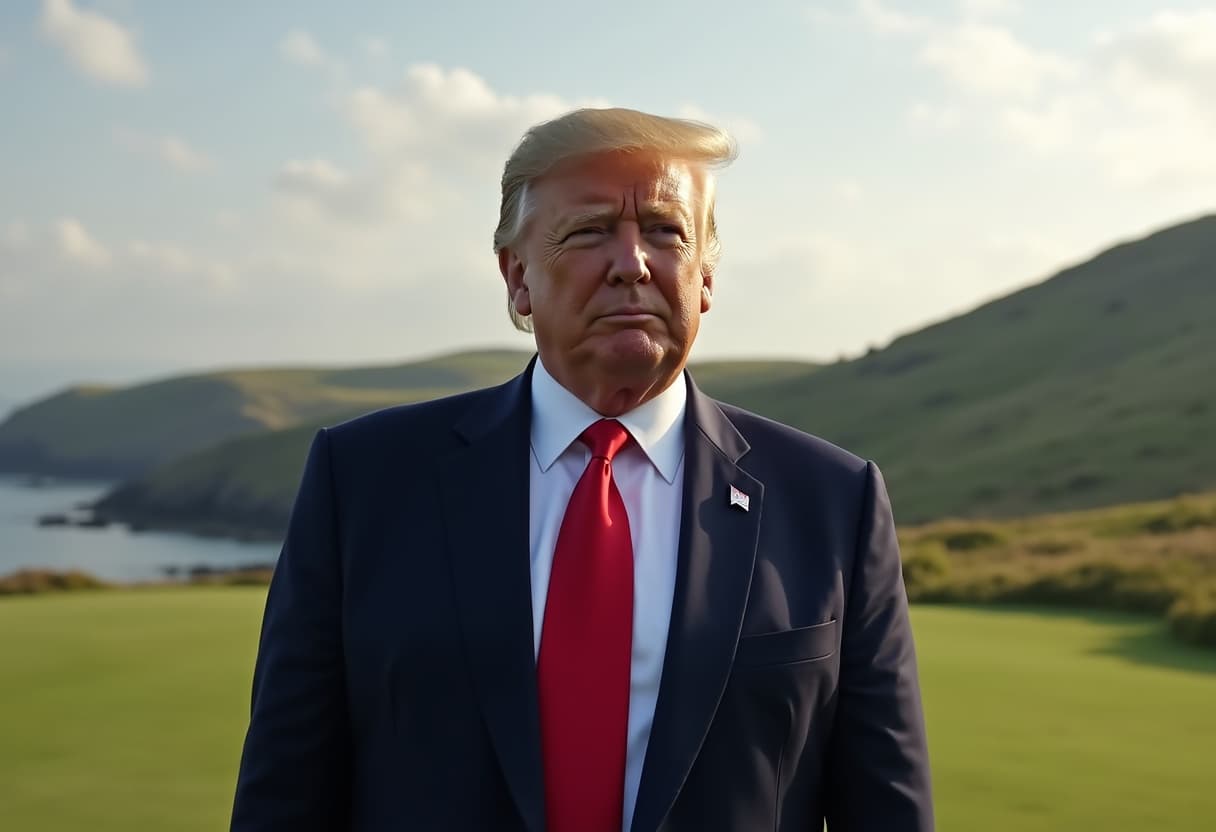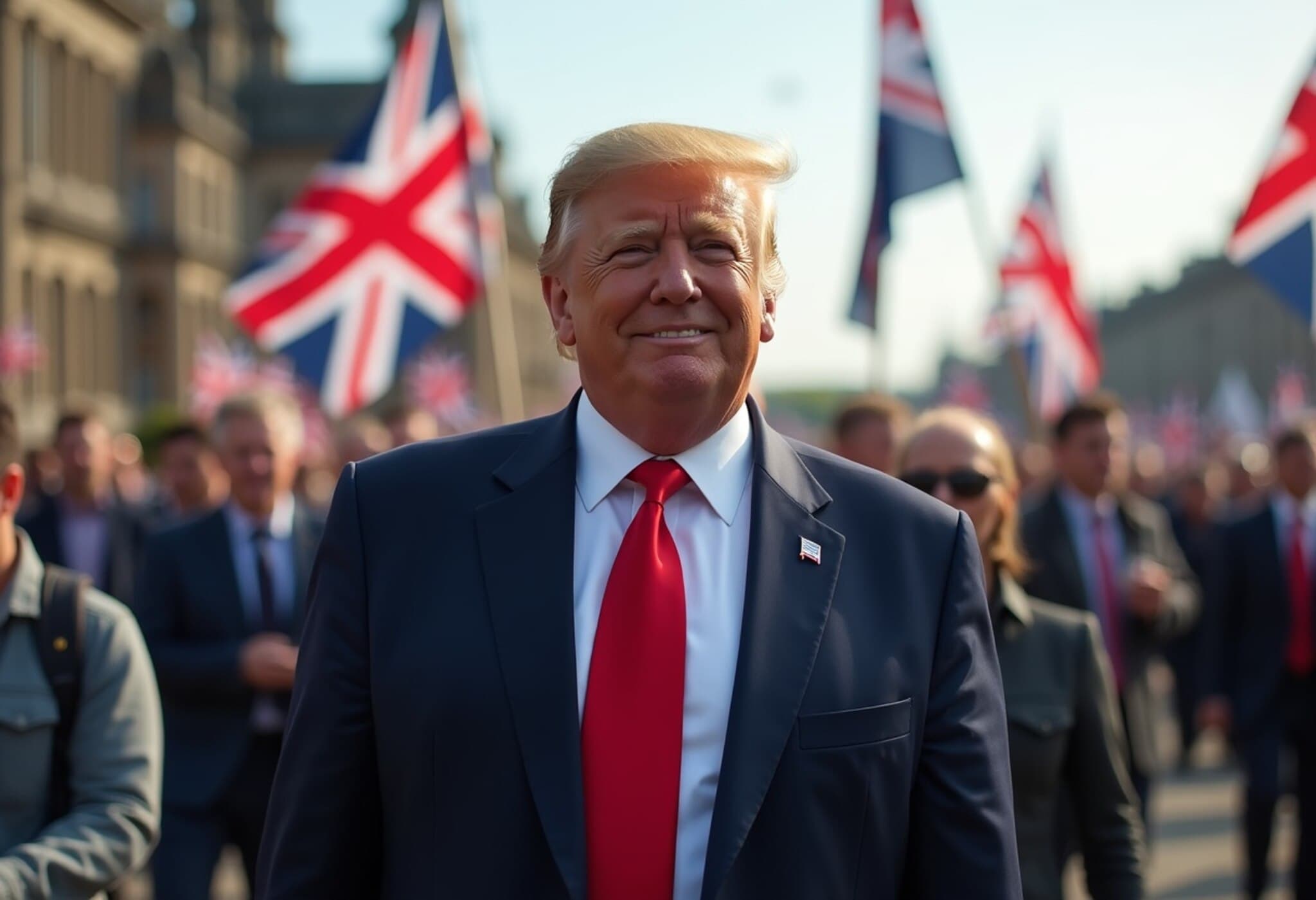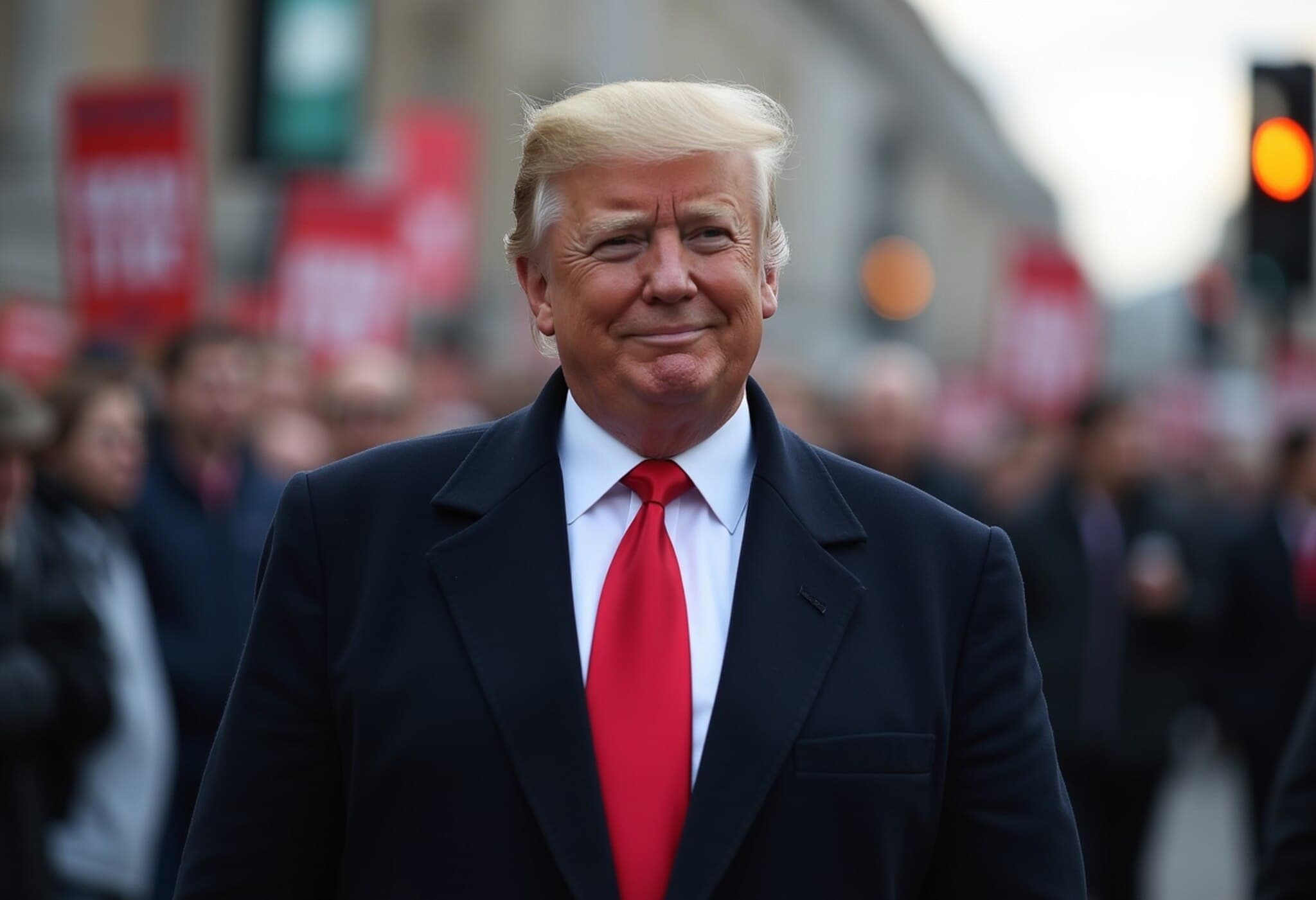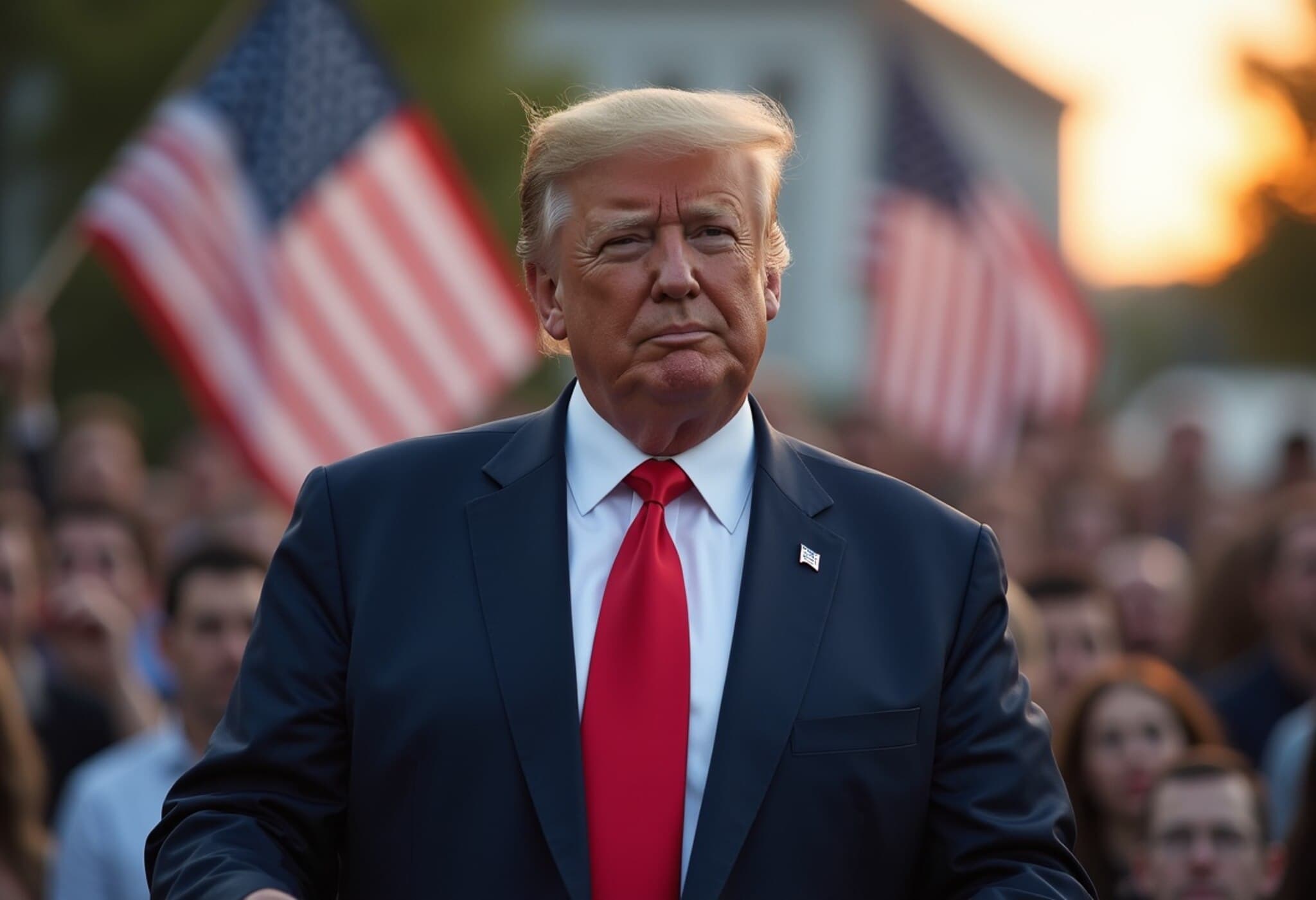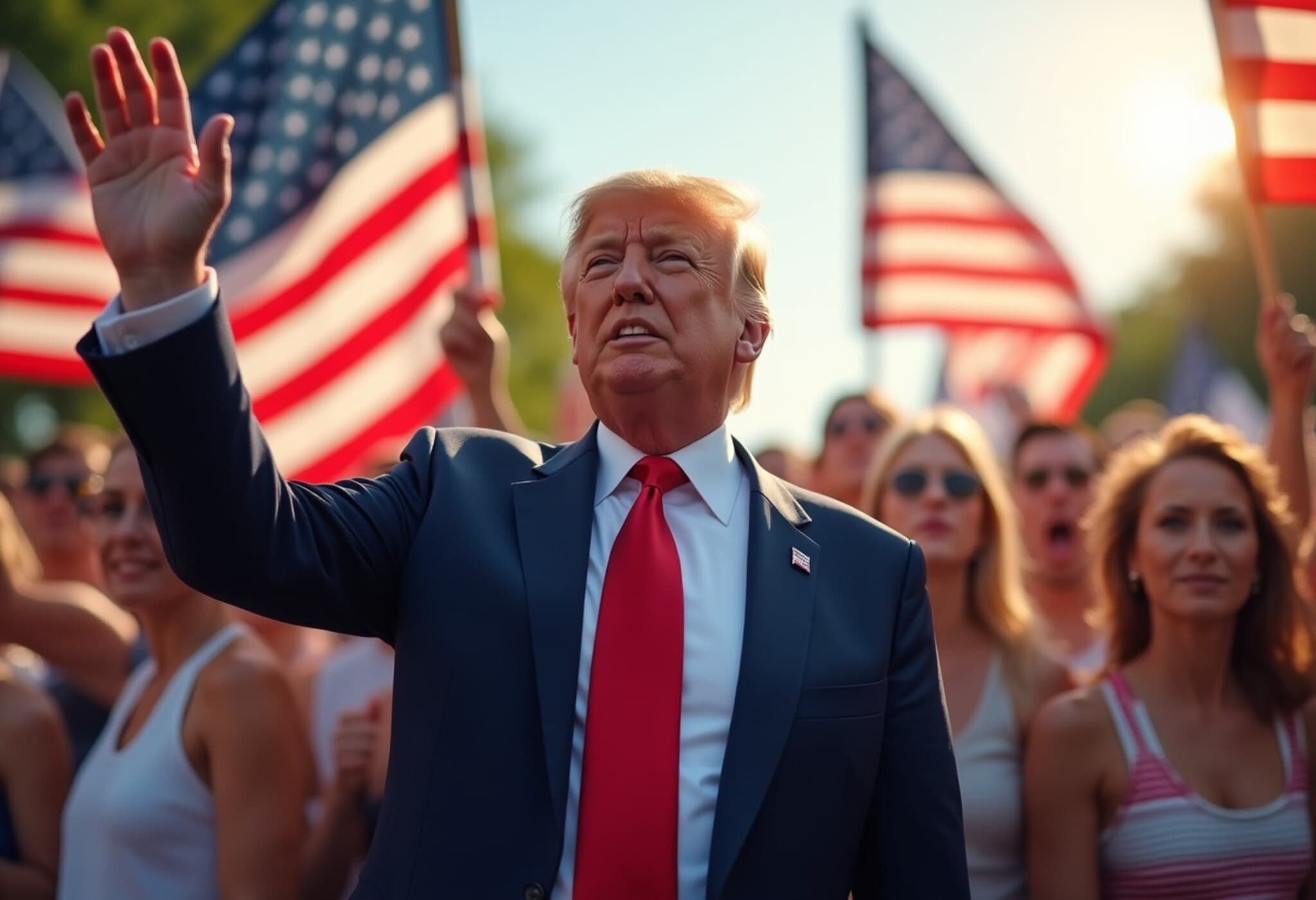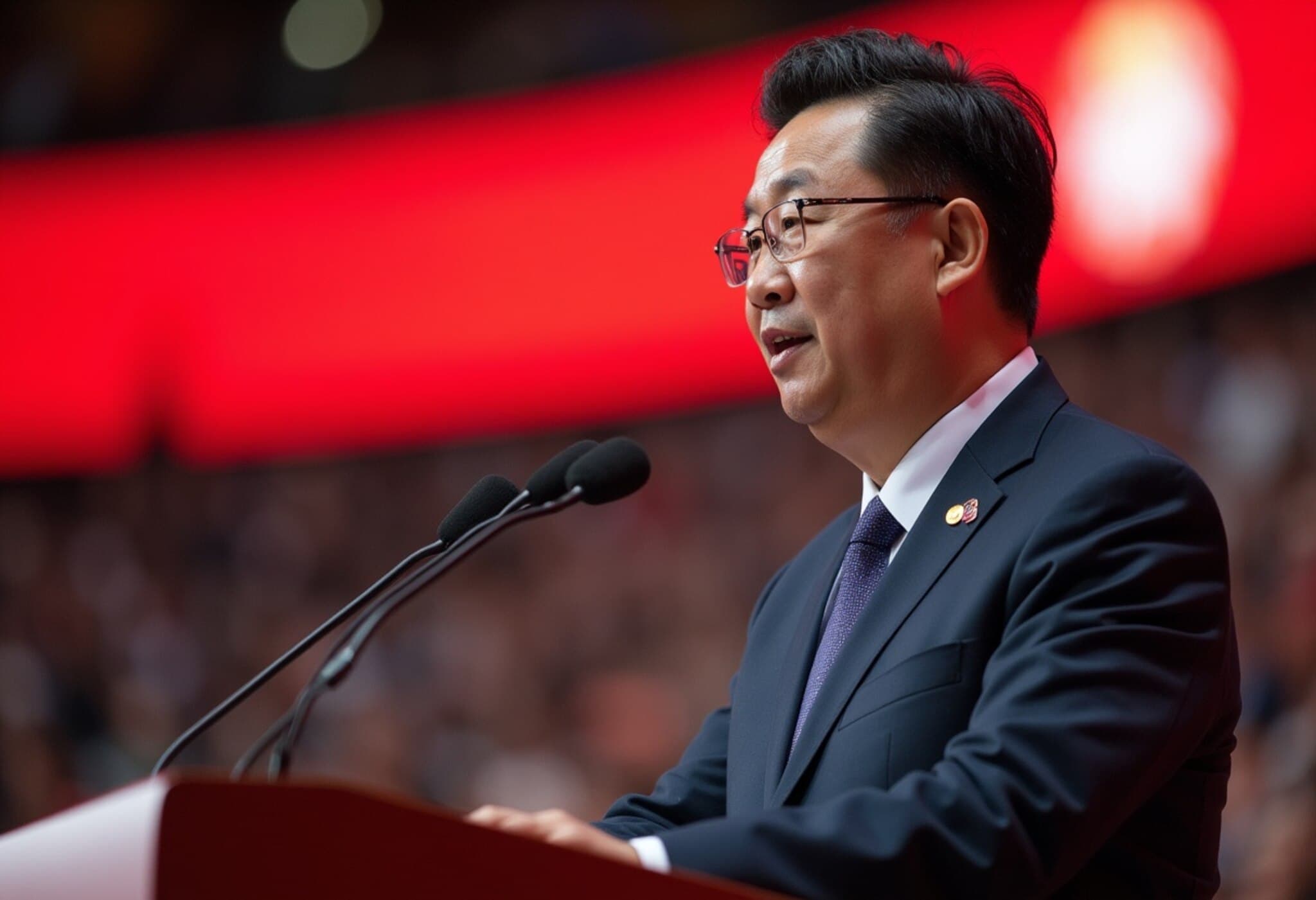Trump’s Scotland Trip: Where Politics and Business Tee Off Together
In a move that intertwines diplomacy with personal enterprise, US President Donald Trump touched down in Scotland in July 2025 to preside over the opening of a new golf course in Balmedie, Aberdeenshire. This visit, officially termed a "working trip" by the White House, also features key discussions with British Prime Minister Keir Starmer and European Commission President Ursula von der Leyen focused on trade.
Scotland’s Windswept Coast Meets Trump’s Golf Ambitions
Against the rugged backdrop of Scotland's northeastern coast, where the North Sea’s chill bites through the air, the Trump family is expanding its footprint in what President Trump has previously called one of his favorite locales. Since his early court statements during his 2023 civil fraud trial, Trump envisioned elevating the Balmedie property into a world-class golf destination. Now 79 and back in the White House, he is bringing those plans to life amid a complex intersection of presidential duties and personal business promotion.
The Business of a "Working Trip"
The newly minted golf course at Balmedie, set to open on August 13, joins Trump International Scotland and other properties like the famed Turnberry course on Scotland’s southwest coast. Trump's visit includes a ceremonial ribbon-cutting by his son Eric, underscoring the family’s hands-on role in their global ventures. Utilizing a presidential visit to showcase these properties highlights a unique—and controversial—blend of governance and commercial interest.
White House spokesperson Taylor Rogers defended the trip’s dual purpose, emphasizing the international prestige of Trump’s golf courses and their role in hosting elite tournaments. However, ethics experts argue that the lines blur perilously when state resources and diplomatic engagements dovetail with promoting the Trump Organization’s business interests.
Ethical Crossroads and International Trade Implications
This convergence prompts urgent questions about conflicts of interest and the integrity of leadership. Jordan Libowitz, VP of Citizens for Responsibility and Ethics in Washington, critiques the administration's close entanglement with the Trump family’s enterprises, suggesting the White House functions almost as an extension of the Trump Organization. Unlike in Trump's first term—when ethics agreements curtailed foreign business deals—his second term's relaxed framework has permitted lucrative international agreements in countries like Qatar and Vietnam, even as the US navigates sensitive tariff negotiations.
Legal and Environmental Controversies Shadow Trump’s Scottish Ventures
Trump's Aberdeenshire golf course has also been a flashpoint in environmental and legal battles. Scottish conservation authorities found the course had damaged protected sand dunes, and Trump’s company failed in a lawsuit against a wind farm project, questioned mainly on grounds of obstructed views for golfers. Furthermore, Trump's earlier claims of property value and development have been central in ongoing civil fraud litigation stemming from allegations of inflated assets to secure financial backing.
Judge Arthur Engoron’s 2024 ruling against Trump’s company—demanding a payment exceeding $510 million after accrued interest—intensifies scrutiny over how private assets are managed alongside public responsibilities.
Presidential Golf: A Long-Standing Tradition
Trump is far from the first US president to wield a golf club on Scottish soil. Dwight D. Eisenhower famously played Turnberry in 1959. Presidents Taft, Wilson, LBJ, and Clinton each brought their unique flair to the game, illustrating golf’s deep roots in American presidential culture. Experts like Mike Trostel of the World Golf Hall of Fame note Trump’s impressive handicap index of 2.5—outperforming current President Joe Biden and former President Obama—though Trump has not officially posted rounds in several years.
Contextual Insights: The American Angle
This visit underscores a perennial tension in American politics—the challenge of separating personal business interests from public service. The Trump administration exemplifies how modern governance can blur these lines, raising critical questions about transparency, ethics, and the influence of wealth in shaping foreign policy and trade relationships.
Moreover, as the US and UK deepen post-Brexit trade ties, and navigate complex relations with the EU, the optics and substance of such a trip become even more significant. Presidential engagements must balance diplomacy, policy, and ethical governance, lest they erode trust on both sides of the Atlantic.
Editor’s Note
President Trump’s Scotland visit is more than a chapter in the ongoing saga of American politics and business intertwining; it highlights the increasingly porous boundaries between public duty and private enterprise. This dual role raises pressing questions about governance ethics, the leveraging of political office for commercial gain, and the precedent it sets in global diplomacy. As Trump blends the fairways with the corridors of power, observers must consider how such practices affect democratic accountability and international relations.

